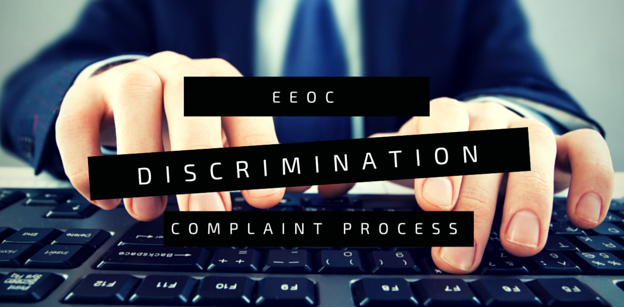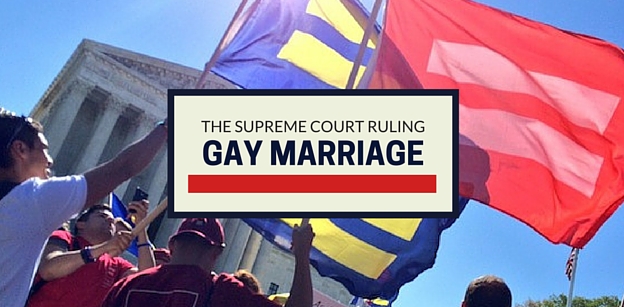Unemployment Benefits are offered to employees in Texas who meet certain requirements. The Texas Workforce Commission is who administers and determines who qualifies for unemployment benefits. There are two essential criteria that the Texas Workforce Commission uses to determine eligibility: past wages and job separation.
Unemployment Eligibility: Past Lost Wages
First, they look at your past wages during a base period (the first four of the last five completed calendar quarters). You must have received wages during more than one of the four calendar quarters, and the total base period wages must equal at least 37 times your weekly benefit amount. To see how you calculate your base period, I would suggest visiting the Texas Workforce Commission website.
What was the basis for the employee’s job separation?
The next criteria for determining unemployment eligibility is job separation. While I cannot list every single possible scenario for job separation, the following are examples of situations when you may be eligible for collecting unemployment benefits…
- Laid off
- Fired for a reason other than misconduct
- Quit the job with good cause
If you are forced to quit your job because of your own health or a family member’s serious health condition, you may be eligible for unemployment benefits. You may also be eligible for unemployment benefits if you quit the job due to harassment or discrimination by a supervisor that your employer fails to correct.
Did the employee commit misconduct?
One of the most critical factors in evaluating an applicant’s job separation is determining whether or not the individual committed misconduct. Section 201.012 of the Texas Unemployment Compensation Act defines ‘misconduct’ as “mismanagement of a position of employment by action or inaction, neglect that jeopardizes the life or property of another, intentional wrongdoing or malfeasance, intentional violation of a law, or violation of a policy or rule adopted to ensure orderly work and the safety of employees. The term ‘misconduct’ does not include an act in response to an unconscionable act of an employer or superior.” If you are found to have committed misconduct, you will not be eligible for unemployment benefits.
Appeals Hearing before a Texas Workforce Commission Hearing Officer
Ultimately, if you and your former employer provide contradictory information to the Texas Workforce Commission about your job separation, your claim will end up in an Appeals Hearing before a hearing officer. During this telephonic hearing, you and your former employer will each be able to present any testimony and evidence concerning your claim for unemployment benefits. You have the right to have an attorney represent you in this Appeals Hearing, and it can be very helpful to have a representative advocating on your behalf. If you have been notified that you will be having an Appeals Hearing, contact an employment attorney immediately to discuss your options.








